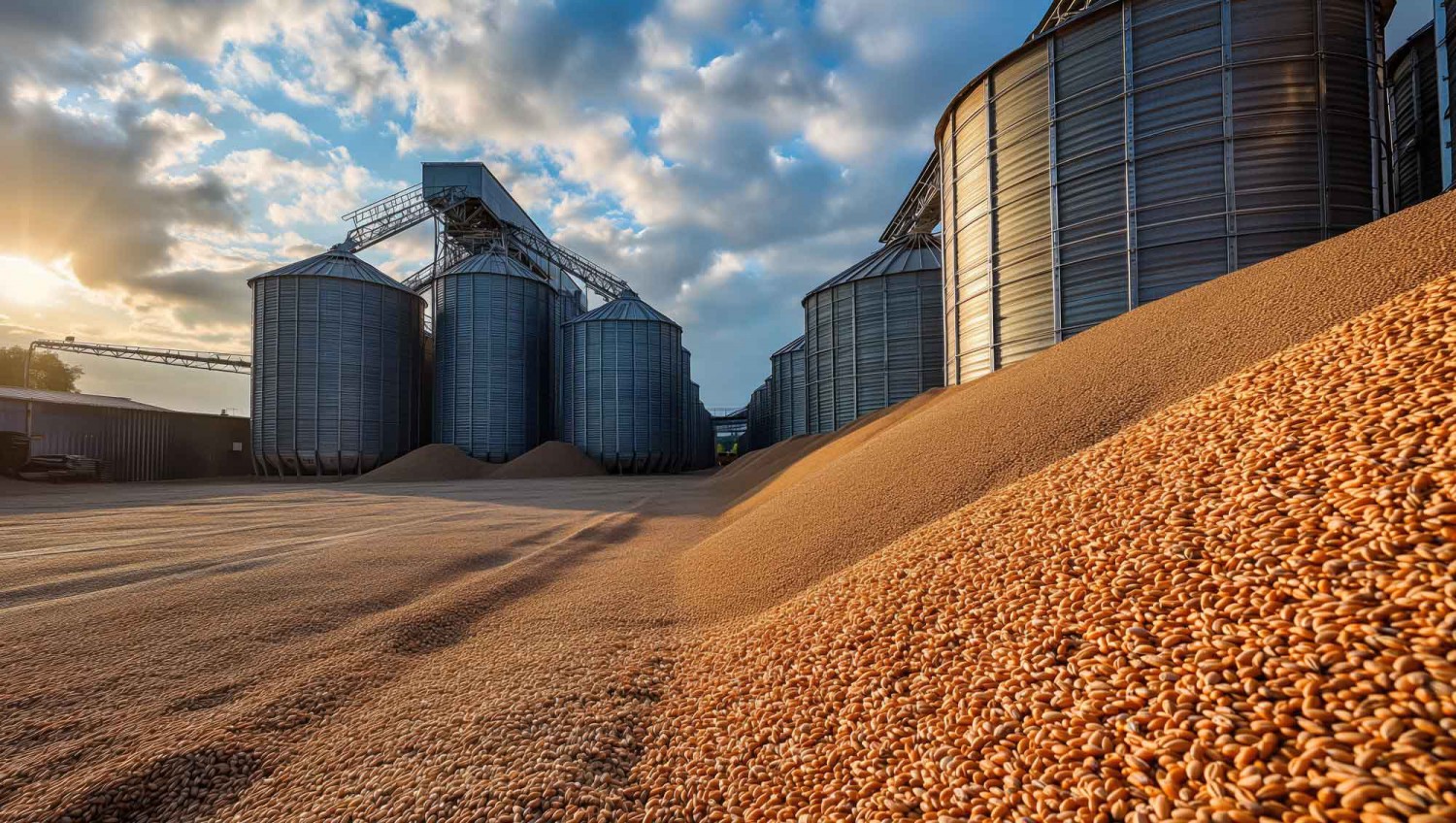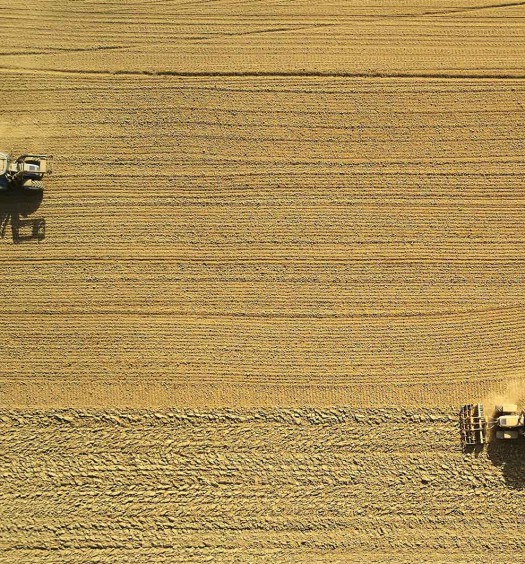Is the WTO facing the same fate as its Geneva neighbor, UNCTAD? UNCTAD had its moment of glory in the seventies: in 1976, the fourth UNCTAD was held in Nairobi and launched the Integrated Programme on Basic Commodities.
It was a total failure: by the end of the century, no commodity price stabilization agreements were functioning. UNCTAD fell into obscurity, and the fifteenth UNCTAD held in October 2021 went completely unnoticed even by trade and development specialists.
The belief was that, on the shores of Lake Geneva, the WTO had taken over by launching, while welcoming China, the Doha Development Agenda cycle in 2001, just weeks after the September 11 attacks. But now, the WTO is gripped by the same malaise as UNCTAD, a malaise that, truth be told, has always seized international institutions on the shores of Lake Geneva, starting with the League of Nations between the wars. The WTO has just held its thirteenth ministerial conference in Abu Dhabi. No one talked about it, which is logical because nothing happened. Everything is blocked, starting with the Dispute Settlement Body due to a lack of judges, which the United States has consistently refused to validate, from Obama to Biden via Trump.
So, there are no longer any sheriffs or courts. Customs barriers – and more subtly, all possible obstacles – continue to rise. Recently, a few attacks on ships in the Red Sea have revealed the entanglement of tax havens and flags of convenience that is the rule in maritime transport. Circumventing sanctions against Russia has further solicited the imagination of one and all.
In Geneva, in essence, traders do more for the markets than international institutions that no longer have legitimacy.
The markets work, we’re told! They remain, regardless of what one thinks of speculation, the faithful echo of global tensions: sharply down for the stars of 2022, wheat (at less than $200 per ton), nickel (at less than $17,000 per ton), and gas (at €25 per MWh on the European TTF), almost stable for oil (around $80 per barrel), already slightly up for copper ($8,500 per ton), and then at record levels for cocoa (well beyond $6,000 per ton) and Robusta coffee ($3,300). Of course, in recent weeks, there have been many other records, starting with those of stock exchanges (the CAC at over 8000!), but also those of gold ($2141 per ounce) and bitcoin (close to $70,000). But let’s prefer cocoa and coffee as they are so important for Africa, which remains largely outside the markets and which from Tigray to Kivu, from Sudan to the Sahel, is bearing the brunt of human folly.
This is an excerpt from the monthly synthesis published by the Cyclope Circle. The full version of 150 pages is available by subscription. For more information, you can contact us at cyclope@ampersandworld.ch.
The Cyclope Circle
Its purpose is to regularly bring together market participants (twelve times a year) in international markets: bankers, insurers, brokers, asset managers, traders, producers, and consumers meet informally over lunch.
Full membership in the Cyclope Circle includes:
• Circle meetings:
– Six lunches are held in Paris, at the Automobile Club de France.
– Six lunches are held in Geneva, at the Cercle de La Terrasse.
• The annual CyclOpe report; (Available in both paper and digital versions, in English and French);
• Access to the Circle of Experts and the international CyclOpe network;
• Subscription to the monthly synthesis (Each month, it is a reference document of over 150 pages).
To subscribe to Cyclope reports or events, you can contact us at cyclope@ampersandworld.ch.

















Social Community